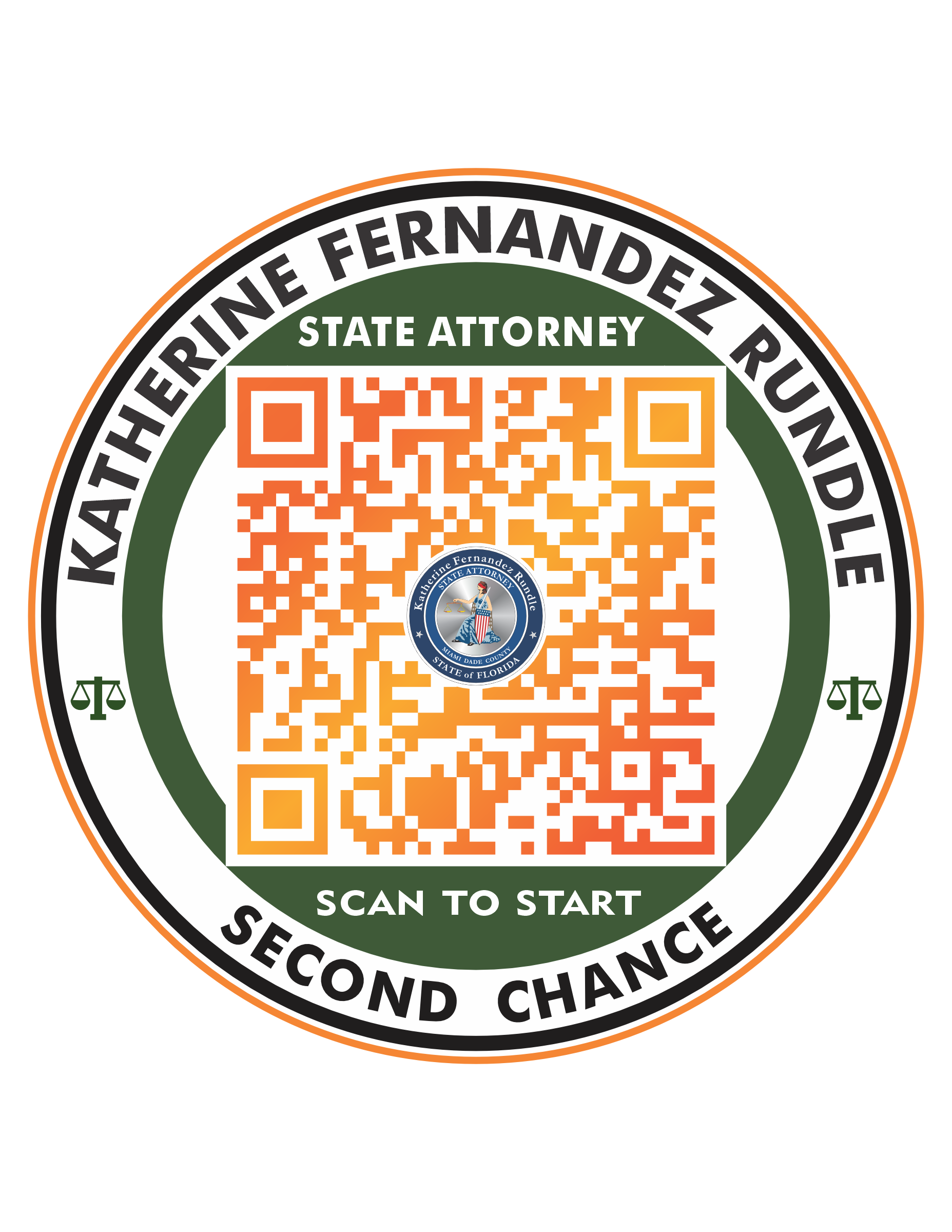Florida was one of only four states that prevented convicted felons from voting. That changed in November 2018 when over five million Floridians voted in favor Amendment 4 to our state constitution. The Amendment restored the voting rights of certain eligible convicted felons who completed their sentences.
After the Legislature passed F.S. 98.0751 interpreting and implementing the Amendment, we led a team that included Public Defender Carlos Martinez, Criminal Conflict and Civil Regional Counsel Eugene Zenobi, Clerk of Courts Harvey Ruvin, Chief Judge Bertila Soto, Senator Jason Pizzo, and House Democratic Leader Kionne McGhee, that created a detailed plan to help returning citizens obtain the paperwork they needed to register and establish procedures to address individuals who could not afford to fulfill their financial obligations. The Florida Rights Restoration Coalition supported our efforts.
Prior to Amendment 4’s passage, a Miami-Dade Grand Jury investigated the potential effects of the Amendment. As the Grand Jury found, research demonstrates that returning citizens whose civil rights are restored reoffend at a lower rate than those whose rights are not restored. Thus, there are public safety benefits to reintegrating these individuals into society, rather than ostracizing them. Simply stated, restoring their voting rights has the potential to make communities safer, save tax dollars, and allow more citizens’ voices to be heard.
In January of this year, we modified our plan after the Florida Supreme Court issued an advisory opinion clarifying some terms, but our commitment to fulfilling the public mandate continues to guide us. As the case proceeds through the Federal Court system, we continue to use F.S. 98.0751 to asists those individuals who are indigent toward the completion of their sentence.
State Attorney Fernandez Rundle has always believed that a citizen’s right to vote is the foundation upon which our democracy rests. The passage of Amendment 4 reflected the will of the 5.6 million people who voted in favor of it and opened a door allowing 1.4 million Floridians a chance to contribute to their community. Now is the time to take advantage of that opportunity.





